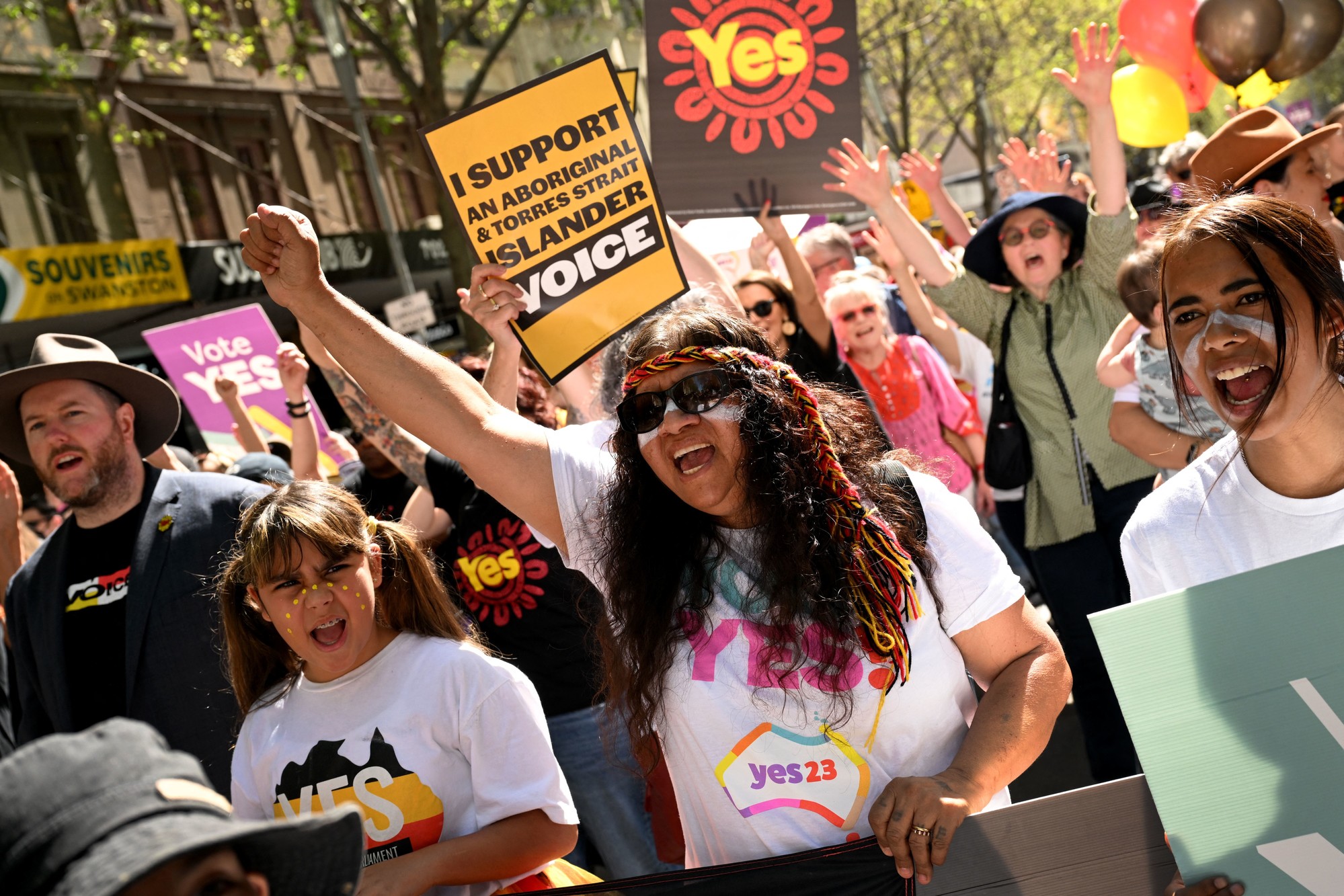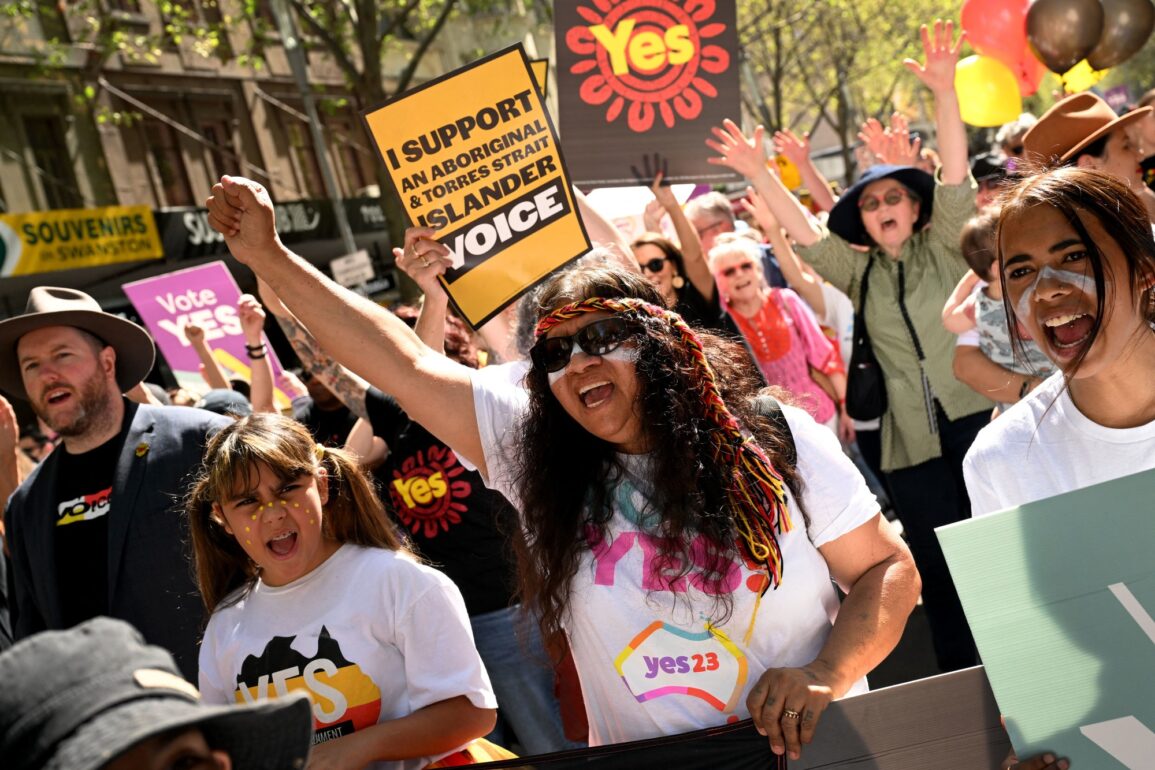
The authorities targeted individuals for peacefully exercising their rights to freedom of expression or association, and some were sentenced to lengthy prison terms or death following grossly unfair trials. Human rights defenders continued to be arbitrarily detained or subject to travel bans following their conditional release from prison. Courts handed down death sentences following grossly unfair trials, including in cases of individuals who were children at the time of their alleged crimes, and people were executed for a wide range of crimes. Migrants were subjected to serious human rights abuses, including killings at the border with Yemen and treatment that may amount to human trafficking for the purpose of labour exploitation. Thousands of people were involuntarily returned to their home country as part of a nationwide crackdown on undocumented migrants. Women continued to face discrimination in law and practice.
Background
Saudi Arabia and the EU held their third human rights dialogue in Brussels, Belgium on 28 November. The EU raised concerns regarding Saudi Arabia’s continued application of the death penalty, including for drug-related offences and non-lethal crimes, as well as lengthy prison terms imposed for social media activity.
The Saudi Arabia-led coalition in the long-running armed conflict in Yemen continued to be implicated in war crimes and other serious violations of international law (see Yemen entry).
Freedom of expression
The Specialized Criminal Court (SCC), established to try terrorism-related crimes, convicted and sentenced individuals to lengthy prison terms following grossly unfair trials solely for exercising their rights to freedom of association and expression, including online on X (formerly Twitter).
The authorities continued to arbitrarily detain individuals without giving them any opportunity to challenge the lawfulness of their detention, and in many cases sentenced them to lengthy prison terms or death on vague, “catch-all” charges that criminalize peaceful opposition as “terrorism” in violation of their fair trial rights.
In January, the SCC resentenced Salma al-Shehab, a PhD student at Leeds University in the UK and mother of two, to 27 years in prison followed by a 27-year travel ban after the Supreme Court in the capital, Riyadh, referred her 34-year prison term back to the SCC’s appeals chamber. The SCC upheld her convictions for terrorism-related offences, including “supporting those who seek to disrupt public order, destabiliz[ing] security and the stability of the state” and publishing tweets that “disturb public order, destabilize the security of society and the stability of the state.” The charges arose from posts she published on X in support of women’s rights.1
In May, the Supreme Court upheld the 10-year prison sentence of Egyptian physician Sabry Shalaby.2 The SCC convicted him in August 2022 following a grossly unfair trial for supporting and joining the Muslim Brotherhood, which is classified as a terrorist organization in Saudi Arabia. He was held in solitary confinement for the first 10 months of his detention, which included three months in incommunicado detention. Throughout his detention, he repeatedly asked to see a neurologist about health complications arising from spinal cord surgery, but his requests were denied. In addition, he received inadequate care for asthma and cataracts arising from underlying health conditions.
The trial of religious cleric Salman Alodah continued before the SCC into its fifth year. He faced 37 charges, including affiliation with the Muslim Brotherhood and others related to his calls for government reforms and “regime change” in the Arab region.
Human rights defenders continued to be arbitrarily detained, including following the expiry of their prison terms, and subjected to judicially imposed travel bans.
Mohammed al-Qahtani, founding member of the Saudi Civil and Political Rights Association, remained forcibly disappeared; his prison term expired in November 2022.3
Prominent woman human rights defender Loujain al-Hathloul, who was released in February 2021 after serving two and a half years in prison, continued to be subjected to a travel ban.
Death penalty
Courts handed down and upheld death sentences imposed for a wide range of crimes, including in cases of individuals who were under the age of 18 at the time of the crime. The authorities carried out executions for a wide range of crimes throughout the year.
On 12 March, Hussein Abo al-Kheir, a Jordanian father of eight, was executed. He had been sentenced to death for drug smuggling following a grossly unfair trial. During his pretrial detention, he was held incommunicado, denied access to legal representation and tortured to make a “confession”. The authorities failed to return his body to his family following the execution.4
In May, the Saudi Human Rights Commission confirmed in a letter to Amnesty International that: “the application of the death penalty on juveniles for ta’zir crimes has been completely abolished”. Ta’zir crimes are those for which the death penalty is not mandated under Islamic law. Contrary to such assurances, at least seven child offenders remained at imminent risk of execution, including Abdullah al-Derazi and Jalal Labbad. The Supreme Court upheld the death sentences against them in 2023 without informing their families or lawyers.5
In July, the SCC sentenced to death 54-year-old retired teacher Mohammad bin Nasser al-Ghamdi solely for his peaceful online activity on Twitter (now known as X) and YouTube.6 He was convicted under articles 30, 34, 43 and 44 of Saudi Arabia’s counterterrorism law for offences that included: “renouncing allegiance to the guardians of the state”; “supporting a terrorist ideology and a terrorist entity [the Muslim Brotherhood]”; “using his accounts on Twitter and YouTube to follow and promote individuals who seek to destabilize public order”; and “sympathizing with individuals detained on terrorism-related charges.” Mohammad al-Ghamdi’s charge sheet cited several tweets that were used to convict him, including posts in which he criticized Saudi Arabia’s king and crown prince and its foreign policy, called for the release of detained religious clerics, and protested against increased prices. He was not accused of any violent crime.
Migrants’ rights
The authorities continued their crackdown on individuals accused of violating residency, border and labour regulations, including through arbitrary arrests and deportations of foreign nationals solely due to their irregular immigration status.
According to the Ministry of Interior, between January and December, at least 468,000 foreign nationals were returned to their home country out of over 777,000 arrested for “violating labour, residency and border security” regulations. In the same period, over 40,000 foreign nationals, most of them Ethiopian and Yemeni nationals, were arrested for crossing the border irregularly from Yemen into Saudi Arabia.
Dozens of Nepali migrant workers contracted to work in Amazon warehouses were subjected to serious human rights abuses, including treatment that may amount to human trafficking for the purposes of labour exploitation. The workers were deceived by recruitment agencies in Saudi Arabia about the nature of their employer and the terms and conditions of their jobs before leaving their home country. Additionally, they had their wages withheld by third-party contractors and were housed in wholly inadequate accommodation. Some were verbally or physically abused or threatened with such abuse, particularly when they raised complaints about their living and working conditions. Once these workers were terminated from deployment with Amazon, third-party contractors often failed to find them alternative jobs and stopped paying them their contractual wage when they were rendered “jobless”. Contractors also provided these workers with limited or no support and failed to give them the required documents to allow them to change jobs or leave the country, thereby restricting their freedom of movement and job mobility.7
During the year, Saudi border guards killed Ethiopian migrants and asylum seekers who tried to enter Saudi Arabia across the border with Yemen. Human Rights Watch documented how the guards used explosive weapons against the migrants and shot some at close range, including children, killing at least hundreds between March 2022 and June 2023.
Women’s and girls’ rights
Women continued to face discrimination in law and practice, including in matters of marriage, divorce, child custody and inheritance. Under the country’s Personal Status Law, fathers are default guardians of their children. While the mother is automatically granted custody in the event of separation, the father is designated as the child’s legal guardian without due consideration of the best interests of the child.
In February, an appeals court overturned an earlier verdict that had granted US citizen Carly Morris custody of her daughter. The ruling was based on Article 128 of the Personal Status Law, which states that a custodian loses their custody if they move to reside in another place where the interests of the child is not taken into consideration. Carly Morris was not notified about the court sessions, which took place in her absence, and her former husband has since not allowed her communication with her daughter.
In May, Saudi fitness instructor Manahel al-Otaibi was charged with “defaming the kingdom at home and abroad, calling for rebellion against public order and society’s traditions and customs, and challenging the judiciary and its justice” for challenging the customs and traditions of Saudi Arabia on social media, including by advocating for liberal clothing for women, appearing in what the authorities said was indecent clothing on social media and calling for the abolition of male guardianship laws.
Right to a healthy environment
Saudi Arabia, a major fossil fuel producer, also remained one of the world’s top 10 CO2 emitters per capita.
In July, the Financial Times newspaper reported that Saudi Arabia had blocked a G20 initiative to cut back on the use of fossil fuels.
In 2023, the state-owned Saudi Aramco produced on average more than 12 million barrels of oil a day. It aims to increase its output by about 1 million barrels per day by 2027 and increase its production of natural gas by 50% by 2030. The oil and gas produced by Aramco have been estimated to be responsible for more than 4% of global greenhouse gas emissions since 1965 and, according to a study, accounted for about 4.8% of all global greenhouse gas emissions in 2018 – the largest of any oil and gas company.
- “Saudi Arabia: Further information: Release woman sentenced to 27 years for tweets: Salma al-Shehab”, 3 April
- “Saudi Arabia: Jailed Egyptian physician must be released: Dr Sabri Shalaby”, 21 July
- “Saudi Arabia: Saudi authorities must release human rights defender Mohammed al-Qahtani and other ACPRA members who are arbitrarily detained”, 24 April
- “Saudi Arabia: Execution of Jordanian man reveals ‘callous disregard for human life’”, 13 March
- “Saudi Arabia: Imminent execution of seven young men would violate kingdom’s promise to abolish death penalty for juveniles”, 15 June
- “Saudi Arabia: Drop ‘ludicrous’ conviction and death sentence against man convicted over social media posts”, 31 August
- Saudi Arabia: ‘Don’t Worry, It’s a Branch of Amazon’: Exploitation of Migrant Workers Contracted to Amazon in Saudi Arabia, 10 October
This post was originally published on this site be sure to check out more of their content.







